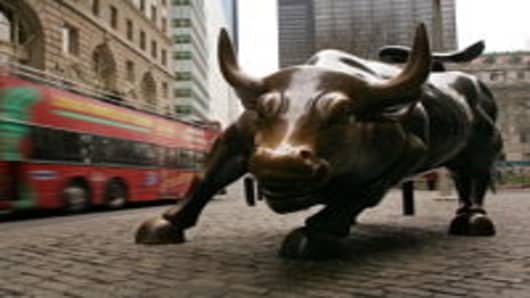Same story, different year.
Last year the Federal Reserve had begun its “orderly removal of monetary accommodation,” and the economic numbers softened and share prices fell. Markets declined 8% during the first few days of July and an additional 6% during mid to late August. It was textbook and we predicted it beautifully.
What we didn’t predict was government’s inability to let free markets take their normal course. An additional $600 billion was printed by the Fed and used to purchase Treasuries. The good news is that it worked – at least if you’re a stock investor. The bad news is that it exacerbated the already huge Fed balance sheet that will need to be unwound sooner or later. It also pushed commodity prices through the roof, making it tougher for an already strapped U.S. consumer to pay its bills. Alas, this money runs out this month and the Fed, like the raven, quoth “Nevermore.”
Dallas Fed Governor Fisher is among those who are demanding that the Fed extricate itself from such proactive policy. Fisher argues (and we agree) that the Fed has provided ample, if not vast, amounts of liquidity to the economy and should at the very least remain quiet. Following the theory that training wheels have to come off at some point, it seems that that point may as well be now. And as happened last year, economic data are softening, and share prices are retreating. The looming question is: will the Fed be able to restrain itself when our novice bicyclist wobbles and falls once or twice?



